In South Africa we live in the most unequal society in the world. It hurts, it’s not fair, it’s a reality and we can all do something about it. Here’s how.
I remember in my early twenties getting lost in a poor part of town. As I pulled up to a stop sign, scanning for landmarks to get me back on course, I saw two men standing on the pavement right next to my car. In one of those slow motion, “time stands still” kind of moments, I saw something in them that led to a defining moment in my understanding of the world.
It was clear that they were living in poverty. Their posture was one of resignation. Years of struggle and lack were etched into their faces; a mixture of despair and hope too often deferred reflected in their eyes. For me it was a moment of epiphany. Here I was, young, driving a recent model car, educated, well dressed, living in a good home in an affluent suburb with the world at my feet. And here were these two men, somewhere in their forties, for whom life was a daily struggle and with little hope of a secure and comfortable future.
What struck me most was the realisation that the only difference between these two men and me was where and to whom we had been born. Neither they nor I had any choice in that matter. We came into this world with completely different prospects. Our education, opportunities and access to resources were worlds apart and completely unequal. And I could take no credit for that and they could take no blame. It’s what was given to me, and what was denied them. Wow. Talk about a humbling insight. I was filled with a strange mix of gratitude, joy, sadness and a deep sense of the unfairness of life.
Of course, there is the very important matter of what we do with what we have been given. The choices we make, the work we put in, the attitude we embrace are key determinants of our success. Yet even making the right choices has so much to do with what we are taught, what is modeled to us, what opportunities we are exposed to and what resources are available to us. And in these things, we have very little choice.
A STARK REALITY
Inequality is a stark reality. And nowhere is it more apparent than in South Africa. In the last decade we have become the most unequal country in the world. Wealth and poverty living side by side in a crass display of society gone wrong. A homeless beggar approaches a rich man in a luxury vehicle. At a touch a thin pane of tempered glass slices through the open space between them and shuts the poor man out. Inches separate them but they live in different worlds. One of plenty, one of lack.
Side by side. One thrives, one barely survives.
A young woman arrives at work after a 30-minute drive in her air-conditioned car. She greets a colleague who has just made it to work after a two-hour journey involving a 20-minute walk, long queues, a bus ride and two taxis. Side by side. For one life is relatively easy, for the other, it’s a struggle.
A middle-aged man feels a sudden, sharp pain in his chest. Worried, he immediately calls his doctor and sets up an appointment. After five minutes in the plush reception area he is ushered through and attended to by a relaxed and friendly GP. A few tests later he is told that he will need emergency surgery to avoid a possible wpain has grown worse and he is constantly out of breath so he makes his way to the hospital. After four hours in a long queue of ailments he suffers a massive heart attack. Despite the medic’s attempts to save him he doesn’t make it. Side by side. One lives, one dies.
A young father wakes up on a Monday morning thinking of all he must get done that week at work. Less than a kilometer away another young father awakes with a deep sense of dread, wondering how he will feed his family that week and where next to look for work. Side by side.
One prospers, one battles. A couple enjoys a meal in the warm ambience of their favourite restaurant. Just a few meters away, on the pavement outside, a couple beg for food. Side by side. One feasts, one hungers.
PRIVILEGE IS RESPONSIBILITY.
This kind of scenario and many more just like them play themselves out every day. Not just in South Africa but around the world. It’s an inescapable reality. Our response to this reality should never be guilt, but rather a sense of appreciation and responsibility. Privilege is not a sin, it’s a blessing. But it’s also a responsibility. As citizens of the world, as Africans, as members of society with resources and some influence, we are in the privileged position of being able to make a difference. And make a difference we must.
Here are a few ways to use your life and resources to build a fairer, more humane world:
1. Abandon guilt. See what you have as a gift both to be enjoyed and to make the world a better place.
2. Be empathetic. Put yourself in the other person’s shoes. Listen to and understand the stories of the people you interact with daily.
3. Value everyone equally. You can tell the character of a man by how he treats someone who has nothing to give him.
4. Be humble. We have what we have not because of how great we are but largely because of the opportunities we were gifted with.
5. Be grateful. Gratitude is one of the most empowering attitudes we can embrace.
6. Get involved. Become a social activist of some sort. Use whatever resources you have to make a difference to somebody.
7. Empower someone. Use the resources you have to give someone else an opportunity. It will change your life and theirs.
In the words of Johnny Clegg,“it’s a cruel, crazy, beautiful world”. We have the power to make it more beautiful. Let’s do it.
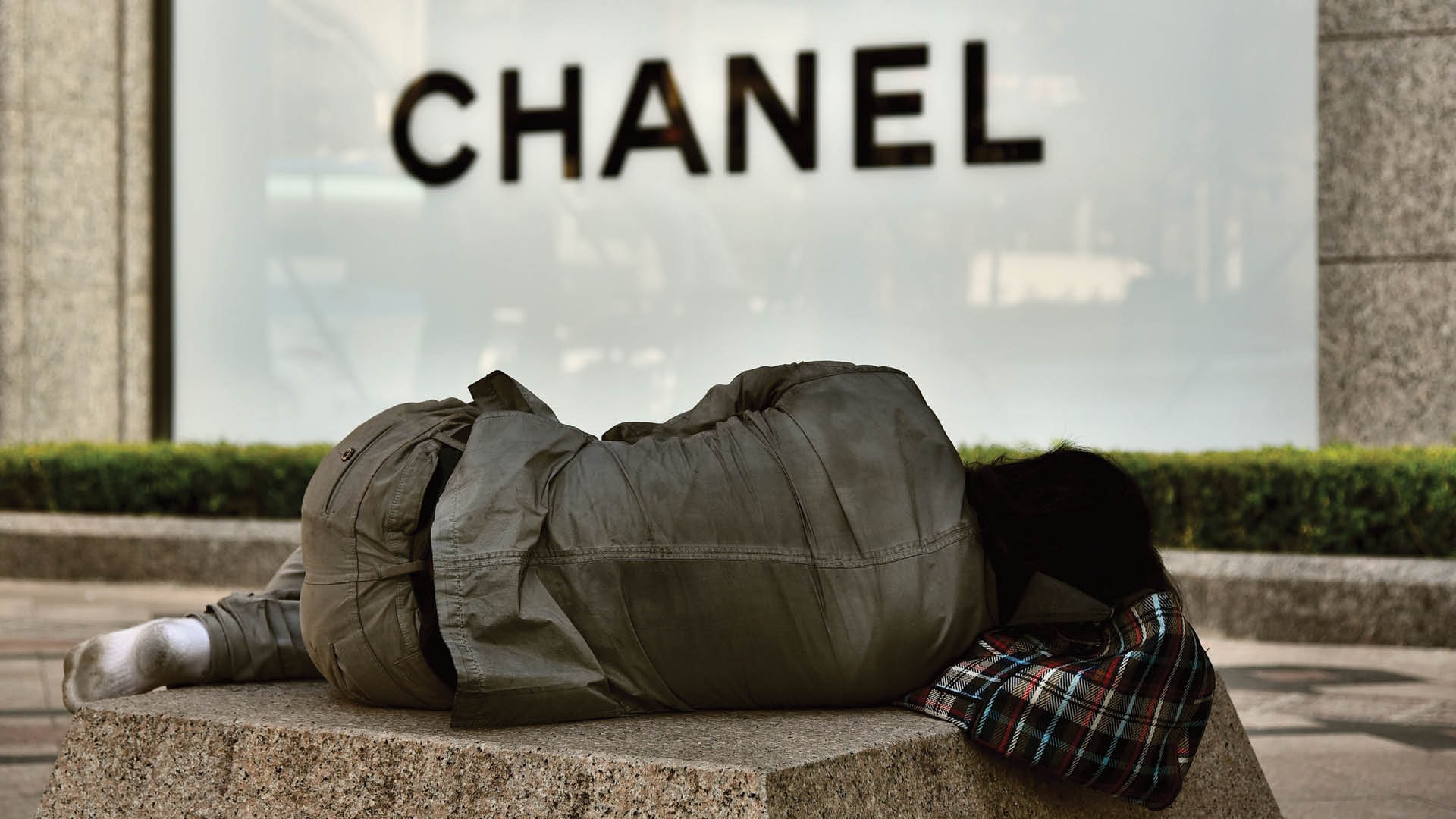
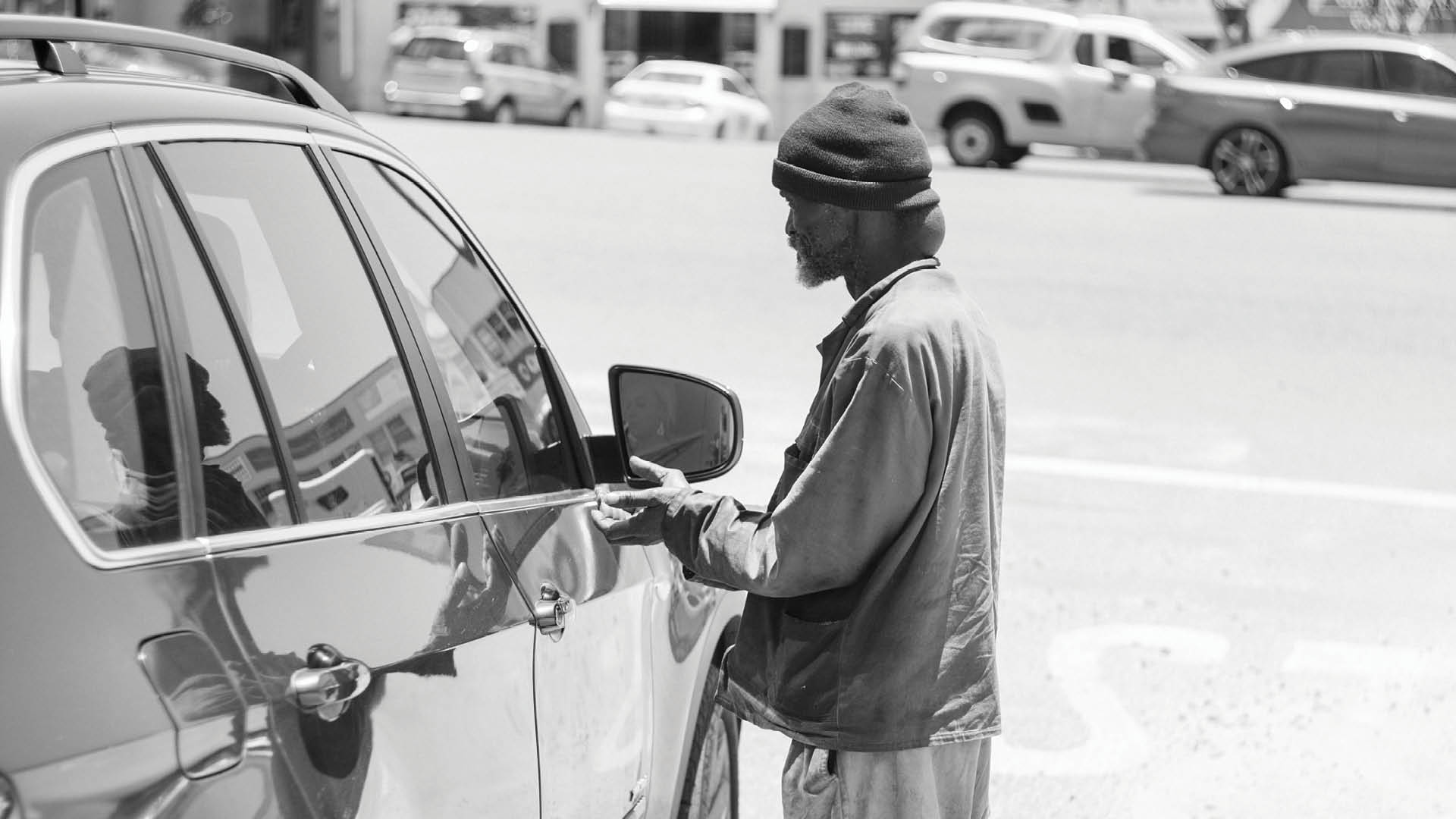
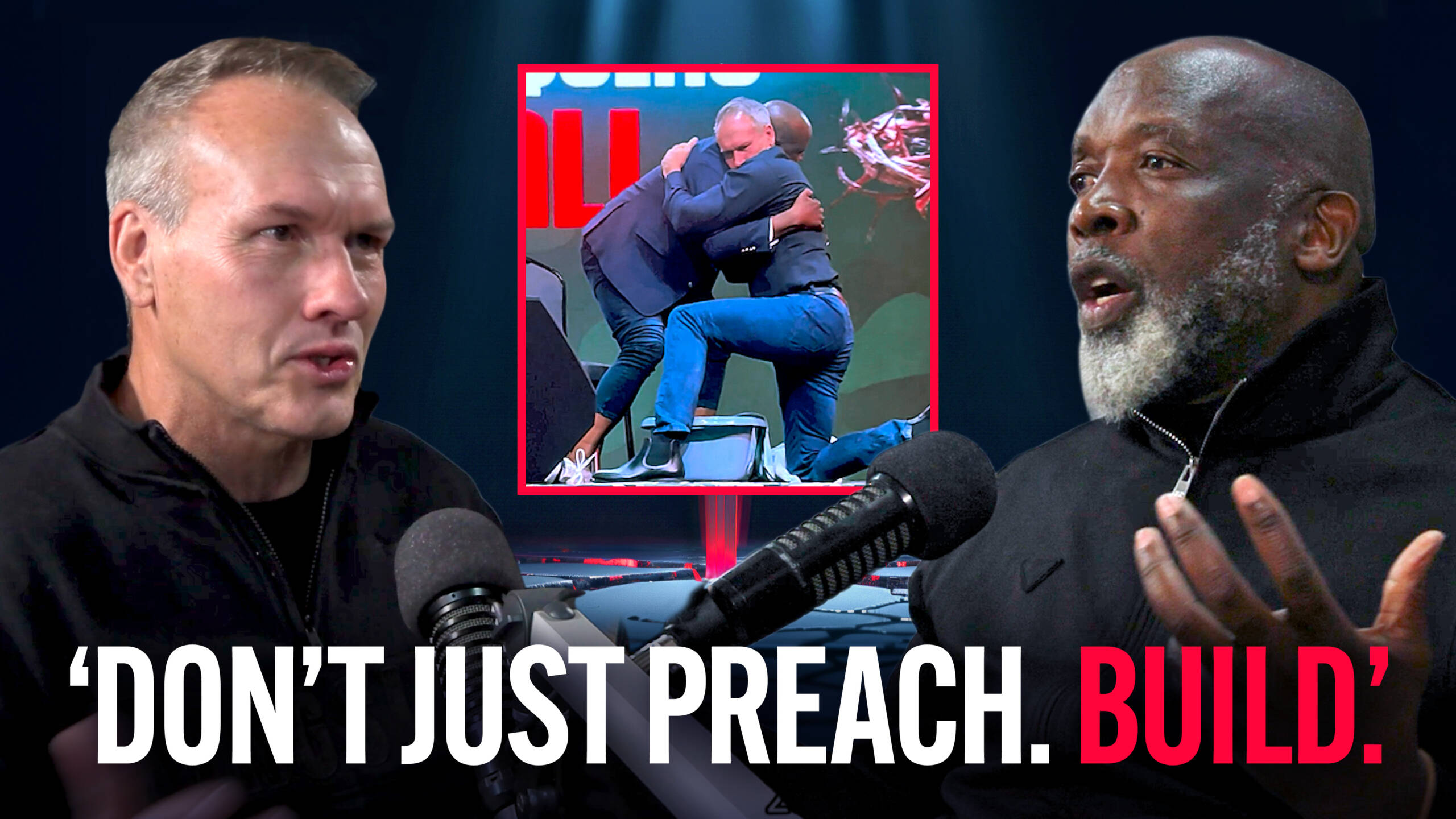
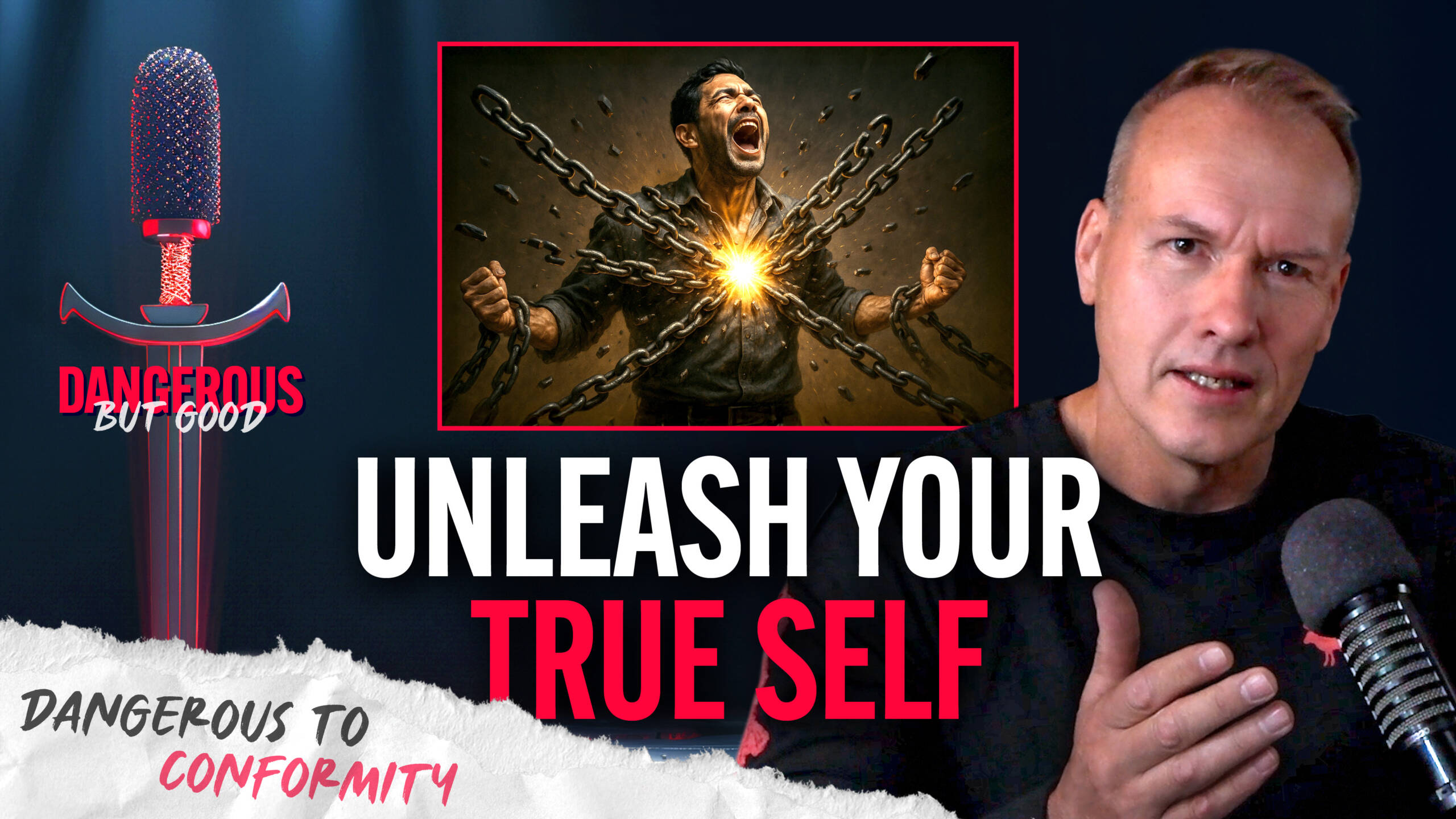
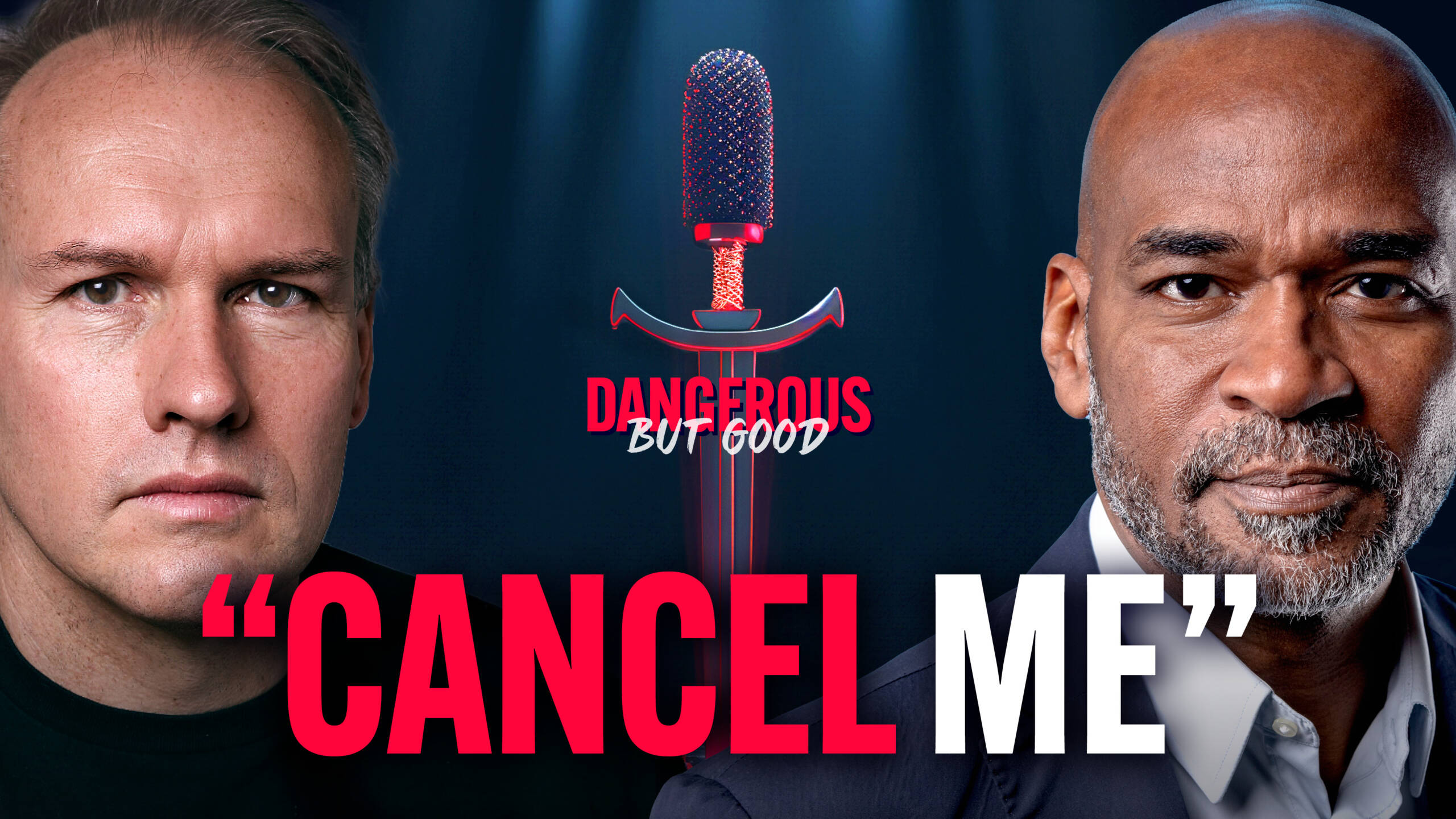
Leave A Comment